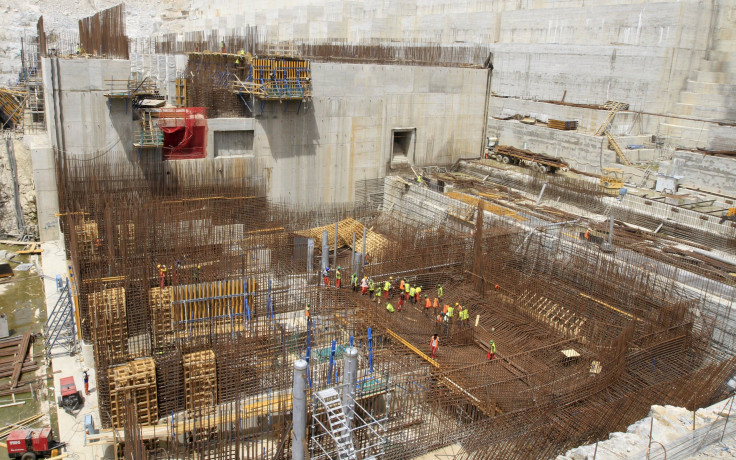Ethiopia Expects 2015 Investments To Rise To $1.5B

Investors will earmark more money for Ethiopia this year than ever before, thanks to policies that have transformed the country into a manufacturing hub offering cheap power generation, low wages and reliable transportation. The professional-services firm Ernst & Young forecasts foreign direct investment in Ethiopia will hit a high of $1.5 billion in 2015 and maintain that level the next three years, a significant increase over $1.2 billion last year and just $108.5 million seven years ago, the Financial Times reported.
That growth has been fueled in part by the lure of tax breaks for exporters. But the government has also leveraged loans provided by the World Bank to shore up the nation’s infrastructure. Designed to be Africa’s largest hydroelectric dam, the Grand Ethiopian Renaissance Dam is under construction as a means to produce cheap power, while a new airport is planned for the state-owned Ethiopian Airlines, which is now the continent’s biggest carrier.
These projects have bolsterd investors’ faith in Ethiopia’s long recovery from a devastating famine in the mid-1980s and the turmoil of a decades-long civil war. The country’s economy has grown by an annual average of 11 percent during the past decade, which is double the rate of its neighbors, according to the Associated Press.
Fitsum Arega, director of the Ethiopian Investment Commission, told the Financial Times that much of the nation’s newest investment is coming from China, India and Turkey and that it is landing new factories that will produce clothes and other textiles or goods such as leather. The entry of major brands and clothing manufacturers such as H&M Hennes & Mauritz AB and Wal-Mart Stores Inc. has fueled 61 percent growth in the apparel industry over the past six years, the Ethiopian Investment Commission reported.
Ernst & Young also predicted Ethiopia will become one of Africa’s top four manufacturing hubs by 2025. Huajian, a Chinese shoemaker, relocated to the country in 2012 and plans to expand its workforce there to 30,000, the Financial Times said.
© Copyright IBTimes 2024. All rights reserved.





















